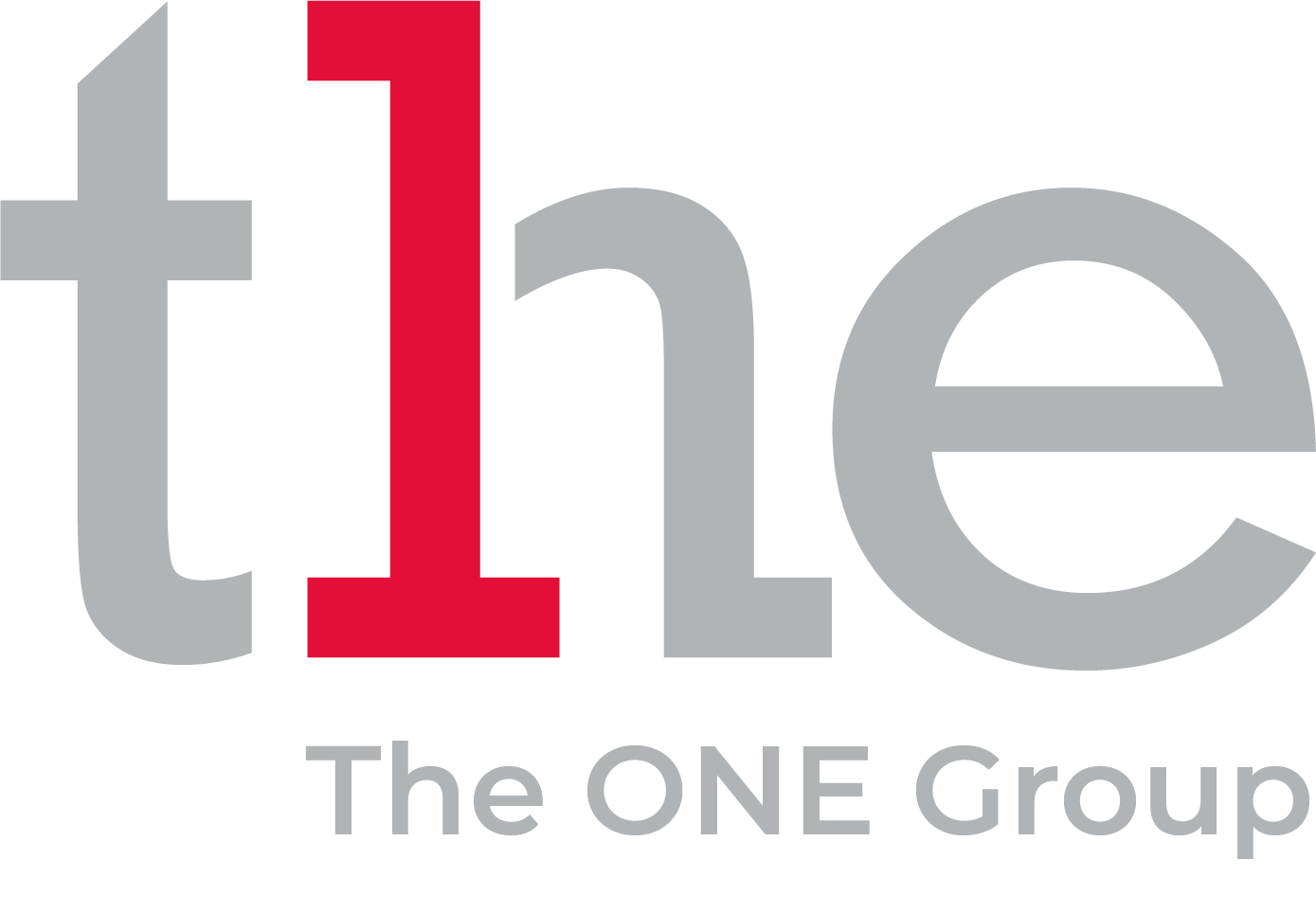Interviews are crucial in evaluating candidates and determining their suitability for the office environment and your team. In this blog, part of our Effective Office Recruitment series, we'll discuss different interview techniques and best practices for effective interviewing with tips on asking the right questions to gain a deeper understanding of candidates' skills, experience, and their cultural fit. We hope this will help you to find the perfect fit for your team.
Our blog series will include:
Job Descriptions
Conducting Effective Interviews
Assessing Cultural Fit
Onboarding for Success
Conducting Effective Interviews
1. Prepare Interview Questions:
Before conducting an interview, it is always best to prepare a set of interview questions that align with the job requirements and the skills you're seeking in candidates. You can structure questions around specific competencies, experiences, and behaviours relevant to the role. This approach ensures consistency and fairness in evaluating candidates and allows for effective comparisons between applicants.
2. Use Behavioural-Based Interviewing:
Behavioural-based interviewing is a popular technique that helps assess a candidate's past behaviour as an indicator of future performance. You can ask candidates to provide specific examples of how they handled situations or challenges in previous roles. Try to ask questions where the candidate can explain actions, outcomes, and lessons learned from those experiences.
3. Panel Interviews:
Consider conducting panel interviews, especially for roles that require collaboration and interaction with multiple team members. Panel interviews involve multiple interviewers from different departments or levels within your company. This approach allows for a broader perspective on candidates and ensures a full evaluation. You just need to make sure that all panel members are well-prepared and have clear roles in the interview process.
4. Cultural Fit:
Assessing cultural fit is crucial for determining whether a candidate aligns with your company's values, work environment, and the team they will be working in. Ensure the interview evaluates how well the candidate's values and behaviours align with those of your company. You could ask questions about their preferred working environment, teamwork style, and their approach to handling conflicts or challenges within a team setting.
5. Active Listening:
During the interview, practice active listening to create a positive candidate experience. Give candidates ample time to respond to questions and try not to interrupt. Try to use open-ended follow-up questions to get a deeper understanding of their responses and gain a better understanding of their answers. Showing a genuine interest in their responses will ensure clear communication throughout the interview.
6. Opportunity for Questions:
At the end of the interview allow time for candidates to ask questions about the role, company, or any other relevant topics. This demonstrates their interest in your company and also allows you to indicate their level of preparation. Encourage candidates to ask questions and provide honest and informative responses to help them make an informed decision about the role.
7. Take Notes:
After each interview, take notes to capture key points discussed, the candidate's responses, and overall impressions. This will help you compare candidates objectively and recall specific details during the decision-making process.
8. Follow-Up and Feedback:
Lastly, remember to provide feedback to candidates after the interview process. This can help maintain a positive candidate experience and leave a lasting impression, regardless of the outcome. Share constructive feedback, highlight strengths, and provide guidance for areas of improvement. This demonstrates professionalism and respect for the candidate's efforts throughout the process.
We believe that by applying the above, you can conduct effective interviews that provide valuable insights into candidates' skills, cultural fit, and overall potential to succeed in your office environment.
If you need any assistance with your interview technique, please get in touch and we’ll be happy to help info@theonegroup.co.uk.
Look out for our upcoming podcast too! Where we share tips and techniques for conducting effective interviews.
Read the other blogs in this series:


